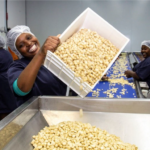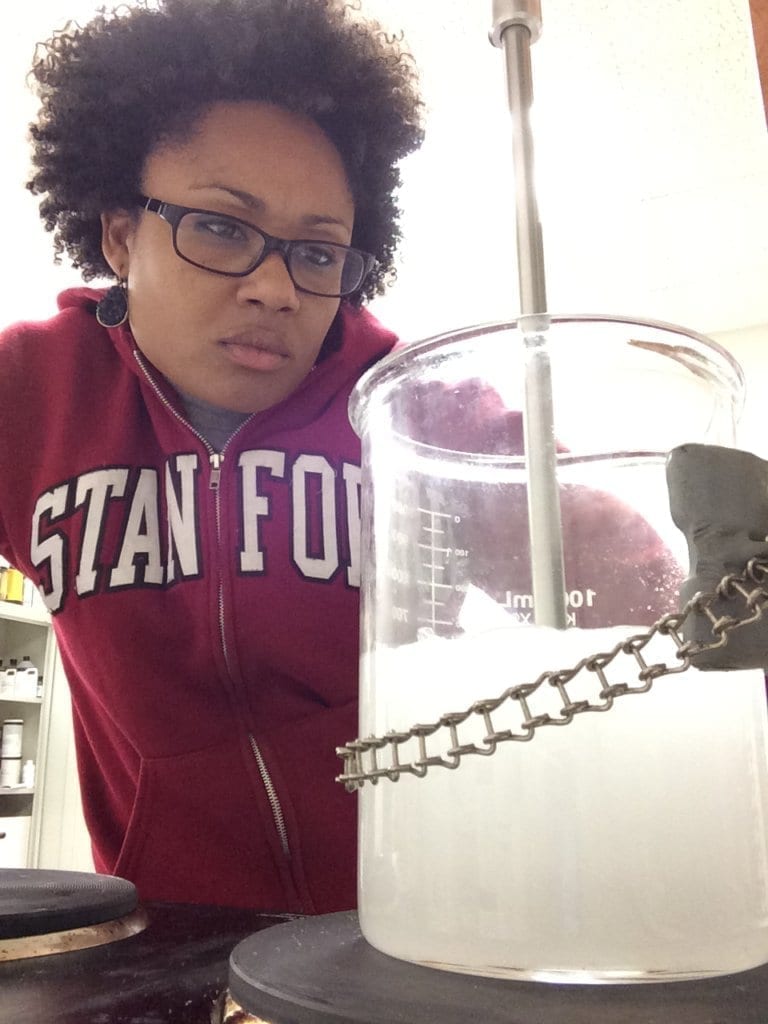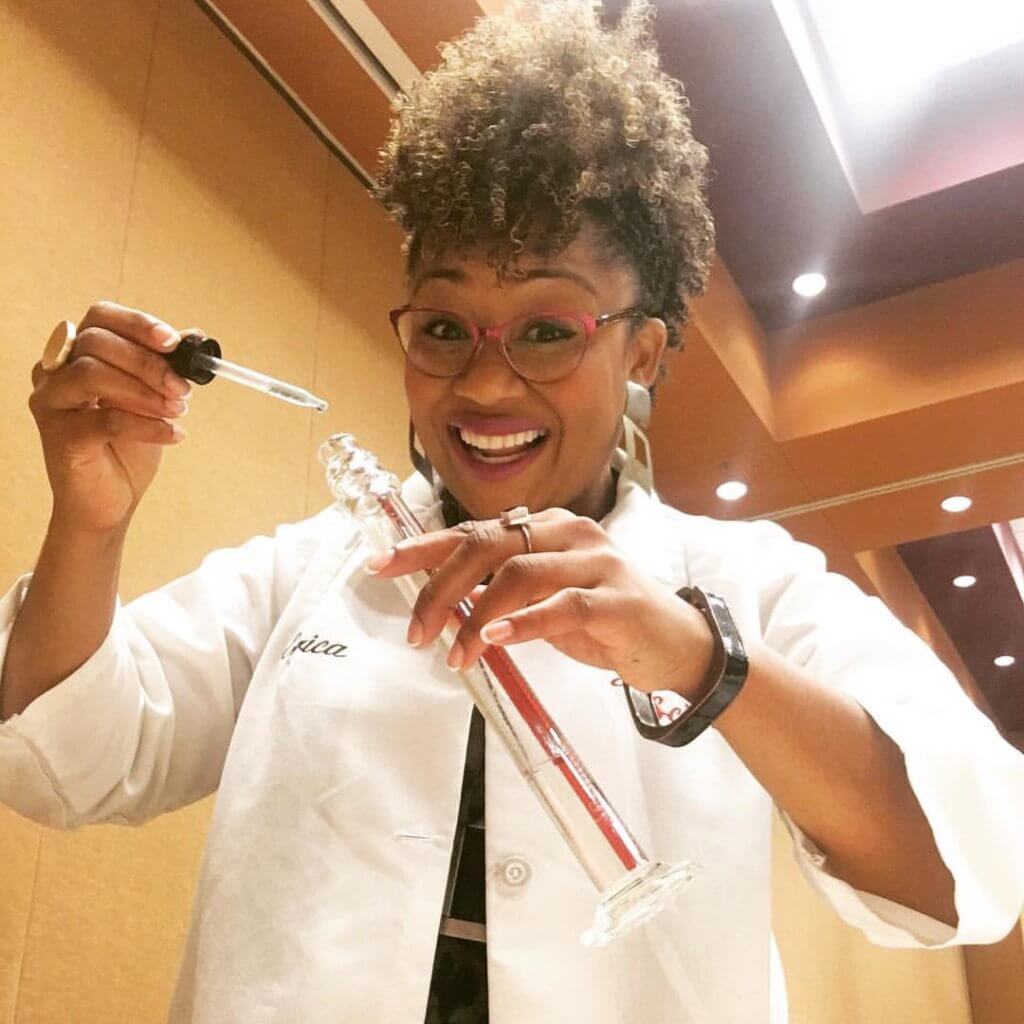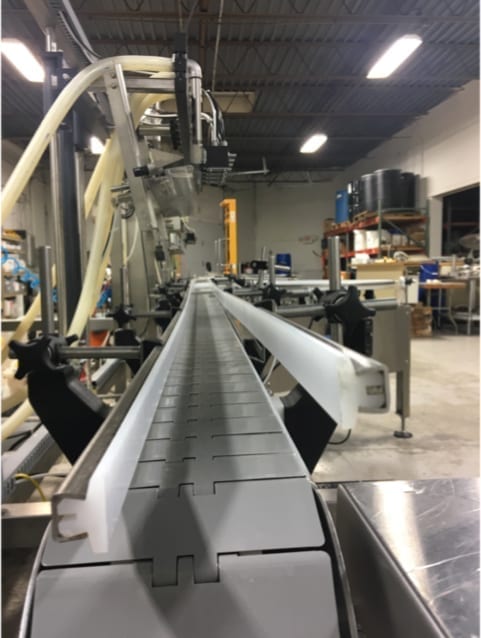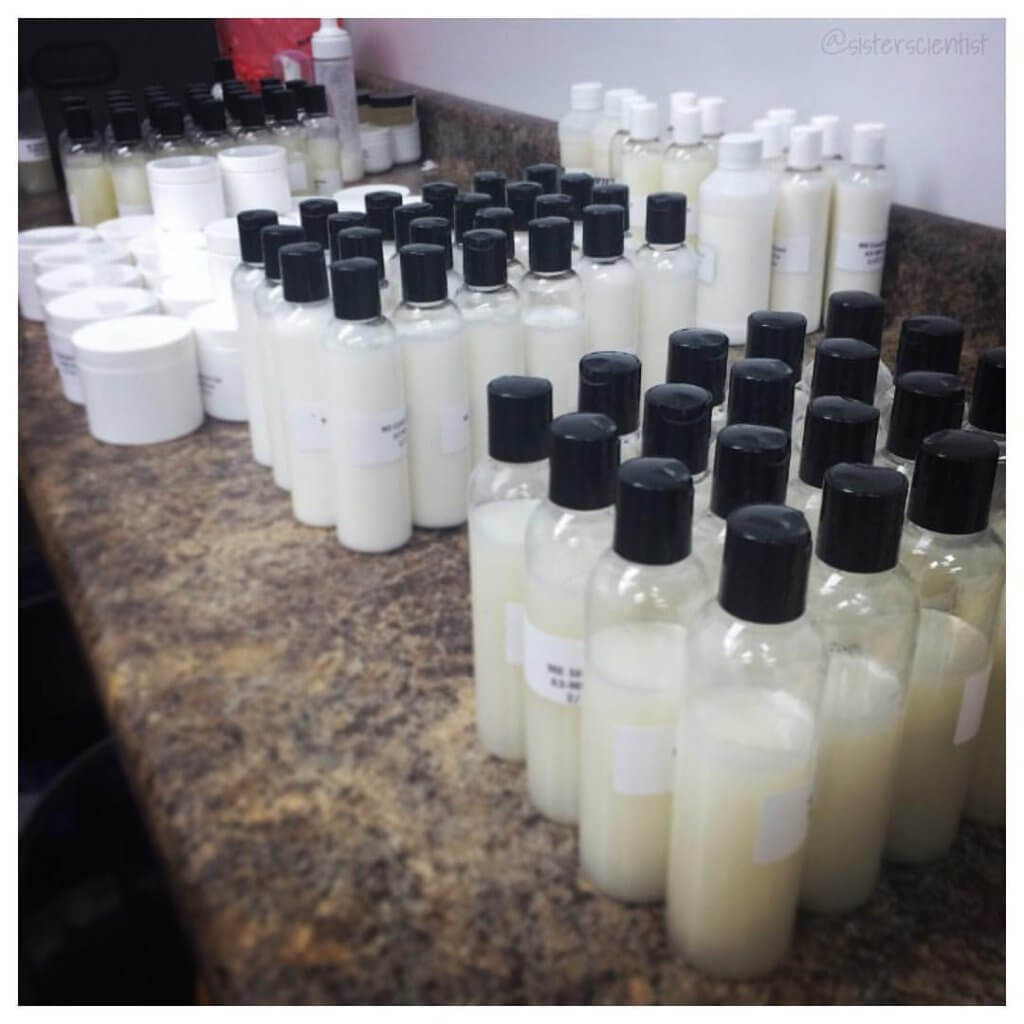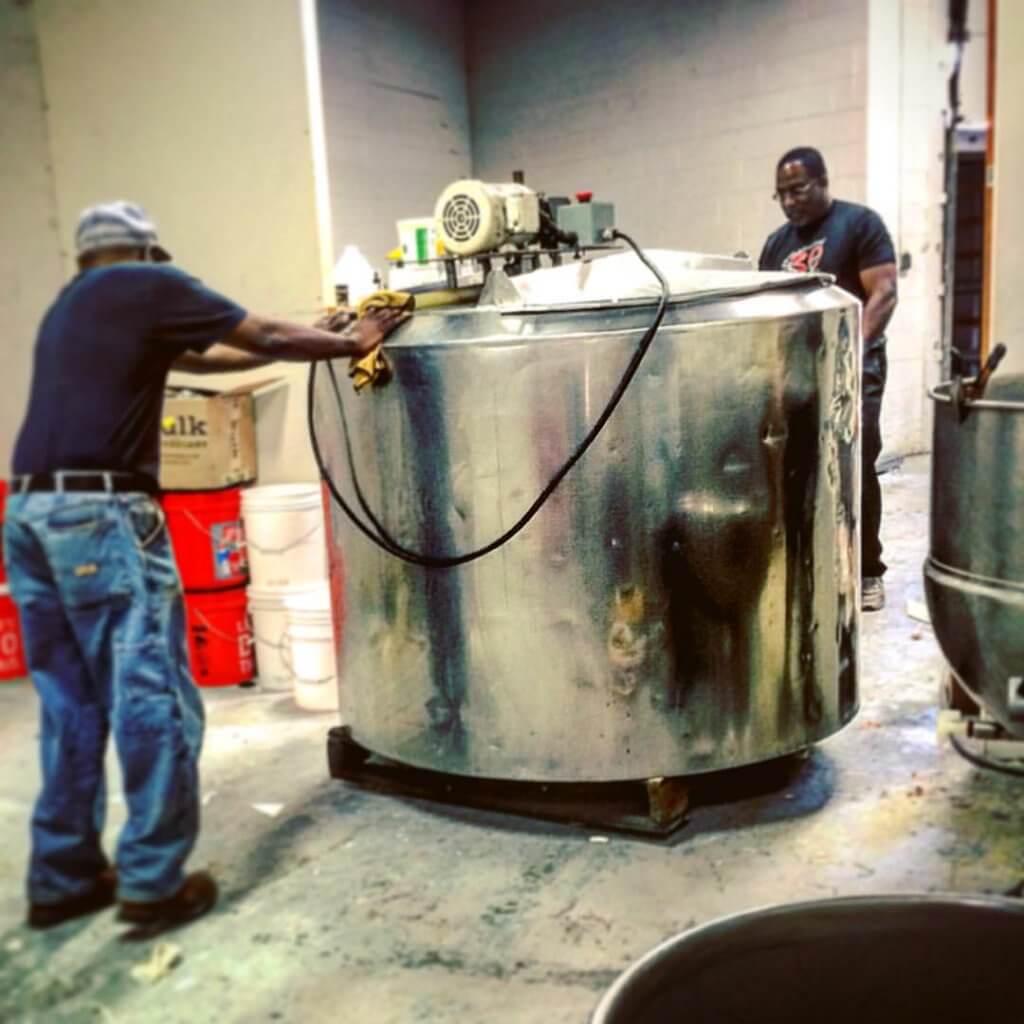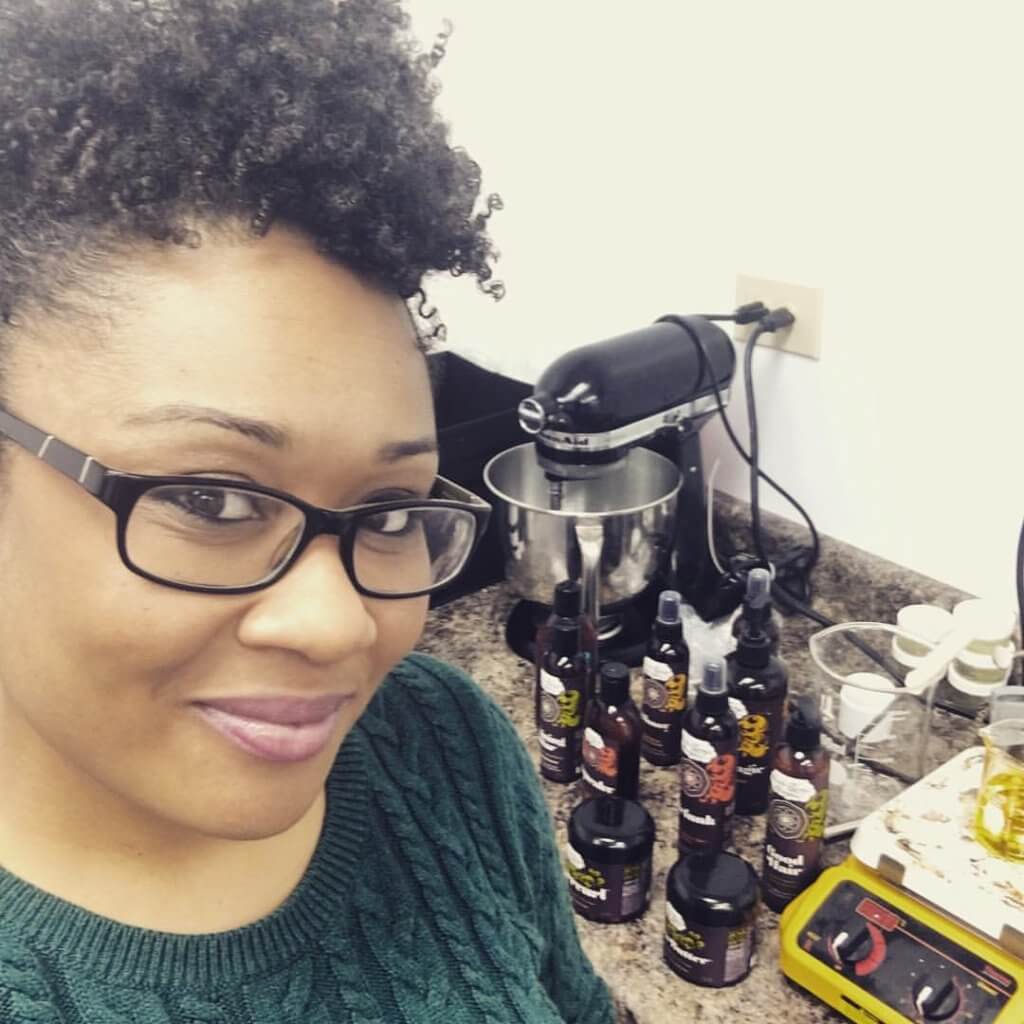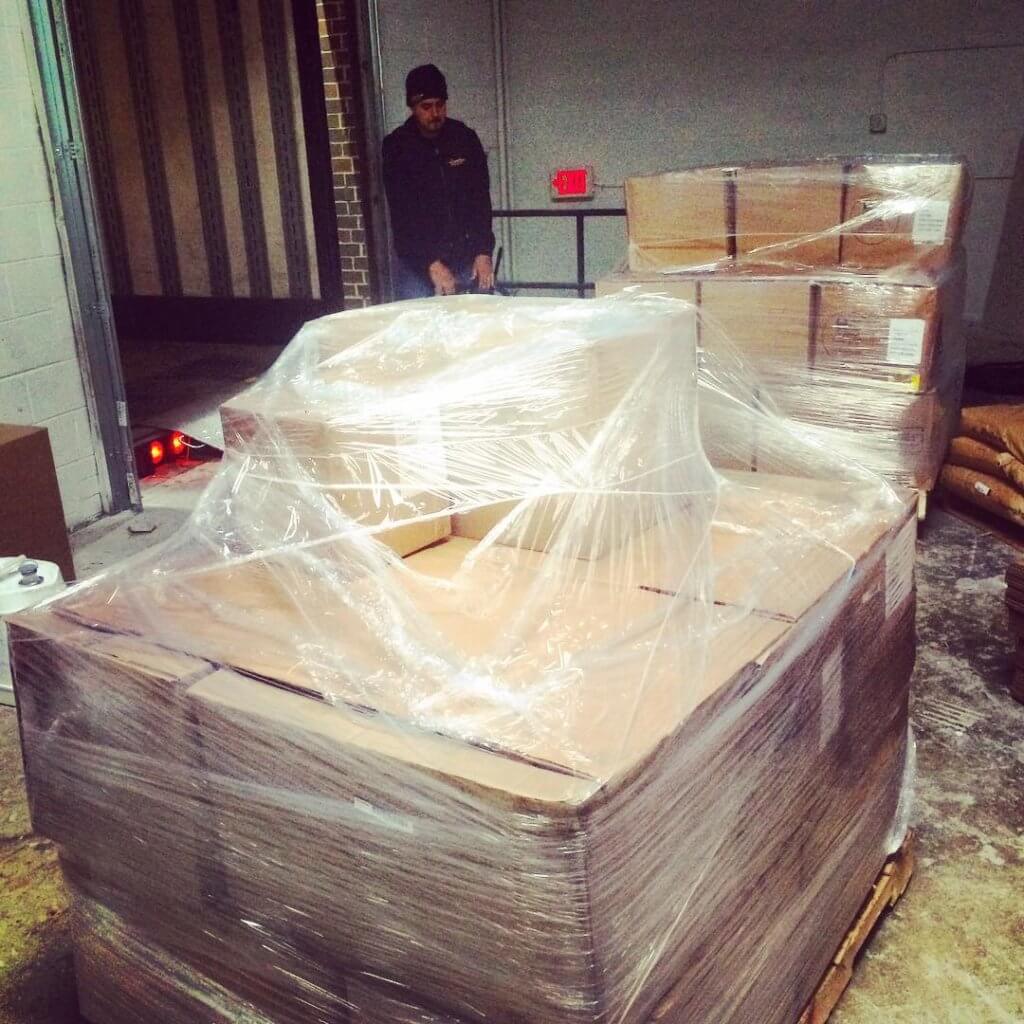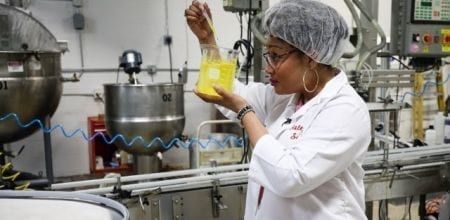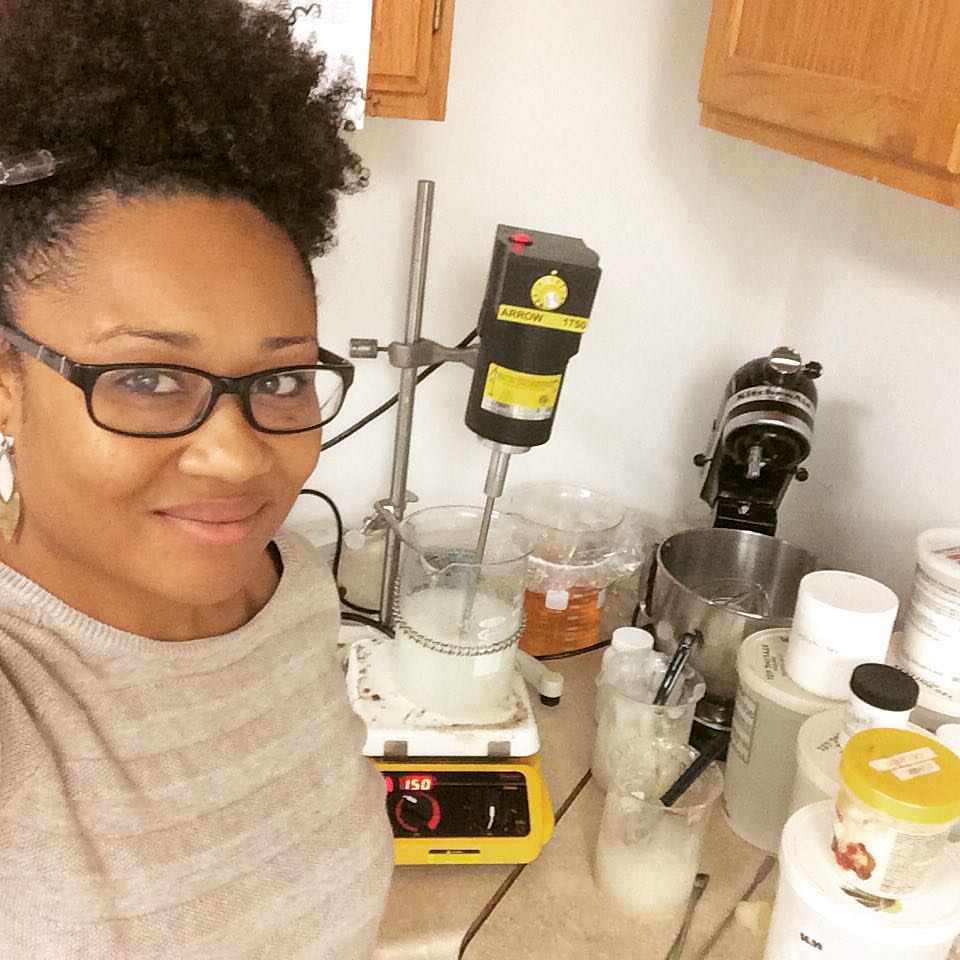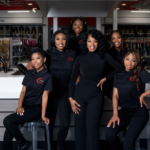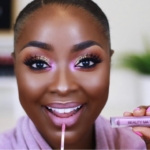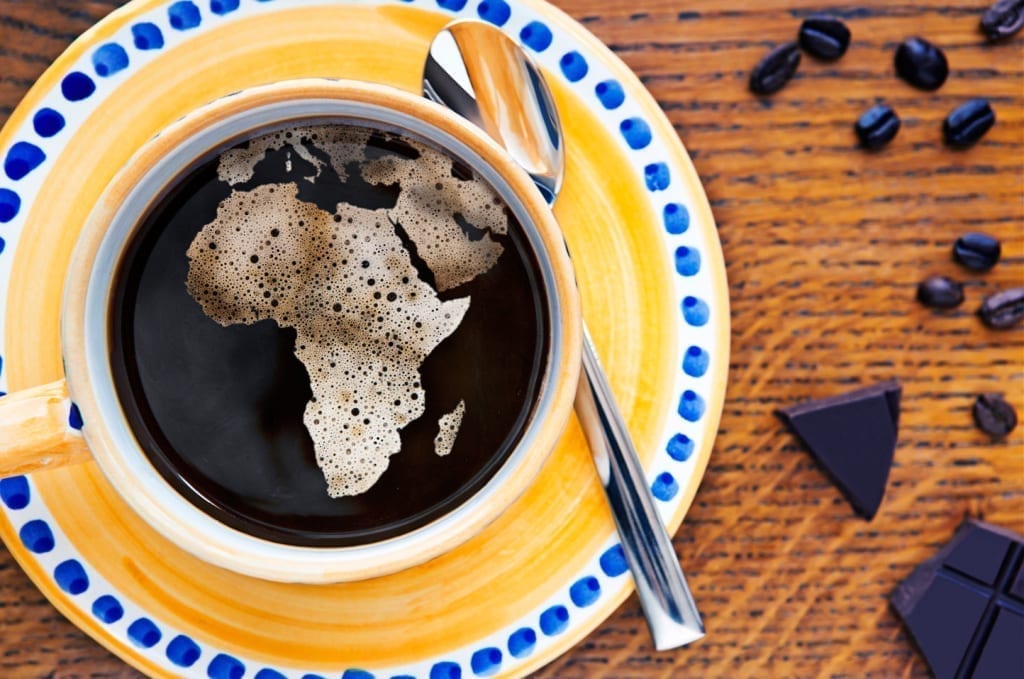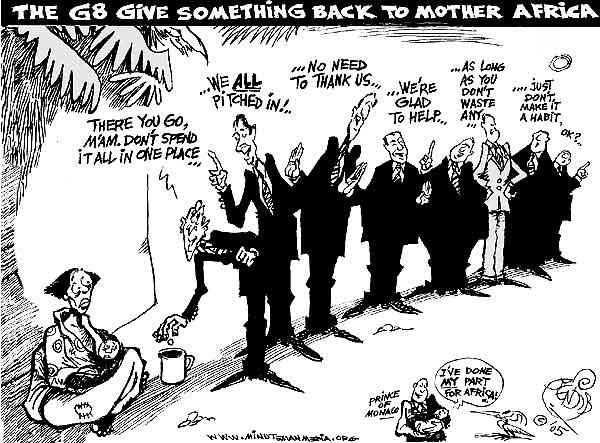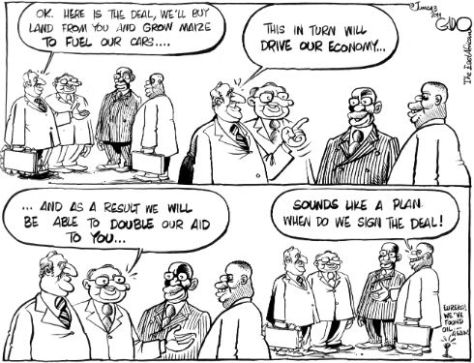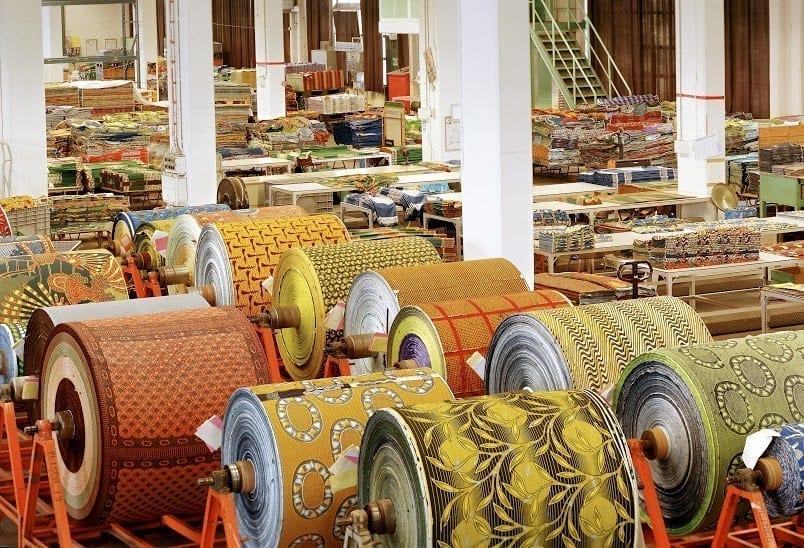Agricorp International is a spice producing, processing, and exporting company. Founded in 2018, the Nigeria based startup is on a mission to satisfy a growing global demand for spices.
Although Nigeria is the second largest producer of ginger in the world, it only accounts for 3.5% of the export market share due to capacity constraints and consistency.
Through our engagements with local community members and farmers, Agricorp has created direct jobs for over 100 women and aggregated products from over 4,000 smallholder farmers and is currently on track to aggregate from over 10,000.
Agricorp recently announced a $17.5 million ( 7.2 billion naira) investment that will enable it to increase the amount of ginger and other spices processed and exported to the Middle East, Europe, and America. The investment also secures Agricorp’s position as Africa’s largest spice export startup.
The funding was raised from Vami Nigeria, One Capital LLC and AFEX. Vami led the funding round with $11.5 million in equity, while the other investors provided working capital financing for the company. Ernst & Young (Nigeria) served as transaction advisers while Elisio Law Office and Pavestone Legal served as legal advisers.
“We believe that by increasing our capacity, we will maximize the potentials to boost Nigeria’s forex earnings through export, contribute our quota to improving the Nigerian GDP from agriculture, and serve as a worthy model to African youths who aspire to be agribusiness owners. We want to show them it is possible and very rewarding as well” said Kenneth Obiajulu, Agricorp’s CEO.
Subscribe and Follow SHOPPE BLACK on Facebook, Instagram & Twitter







